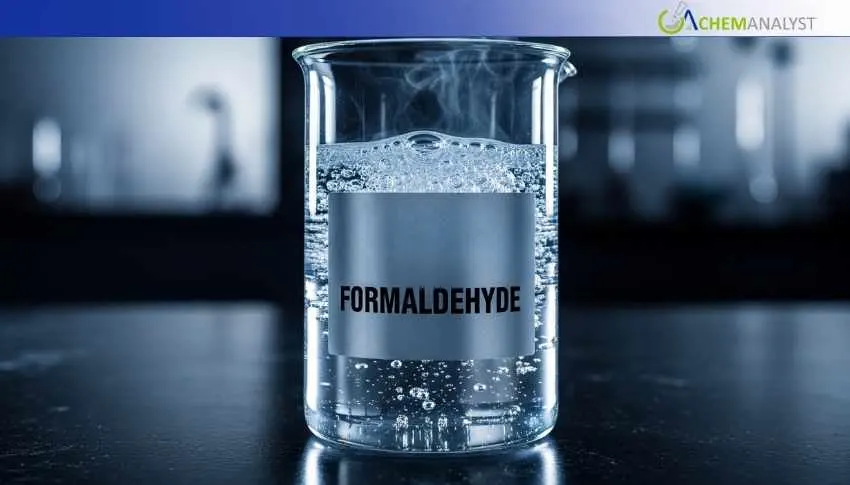Welcome To ChemAnalyst

In August 2025, the U.S. formaldehyde market faced bearish pressure due to weak demand from the construction sector and subdued builder confidence. Despite a rise in vehicle sales driven by expiring EV credits and Labor Day promotions, formaldehyde consumption remained low. Ample supply, supported by falling methanol costs, outpaced demand, leading to oversupply. Tariff-related uncertainties further strained manufacturers, raising input costs, and limiting incentives. While September may see continued softness, demand recovery is expected in October, with potential cost-driven bullishness in November due to rising natural gas prices.
Key Highlights:
The demand of Formaldehyde based resins in major downstream, that is construction sector was tepid owing to signs of soft housing market in August xxxx. The Builder confidence in the market for newly built single- family homes was xx in August xxxx which showed a decline of one point since July. Current sales conditions also fell while the sales expectations in the next six months remained steady and firm. As construction sector showed continued weakness, the demand for Formaldehyde based chemicals remained weak which led to a bearish market dynamic.
While the demand fundamentals showed signs...
We use cookies to deliver the best possible experience on our website. To learn more, visit our Privacy Policy. By continuing to use this site or by closing this box, you consent to our use of cookies. More info.
